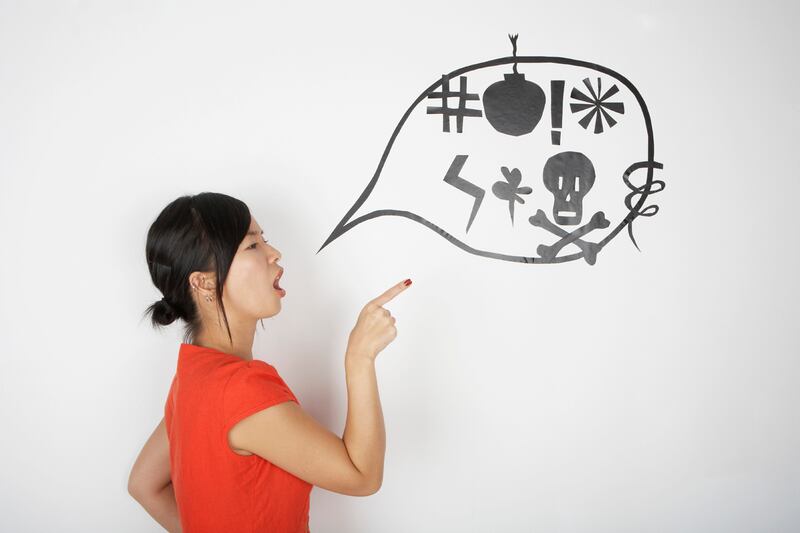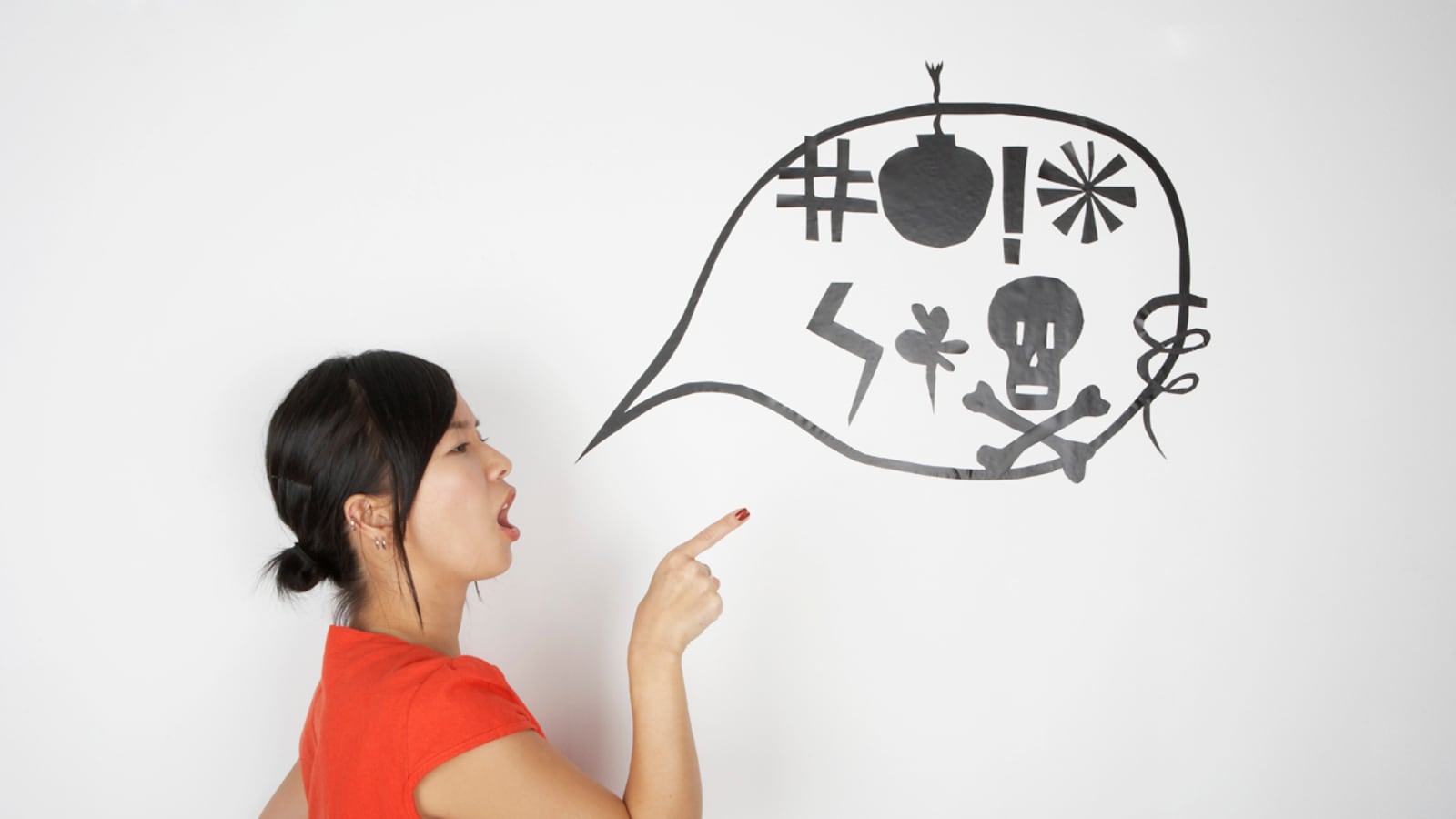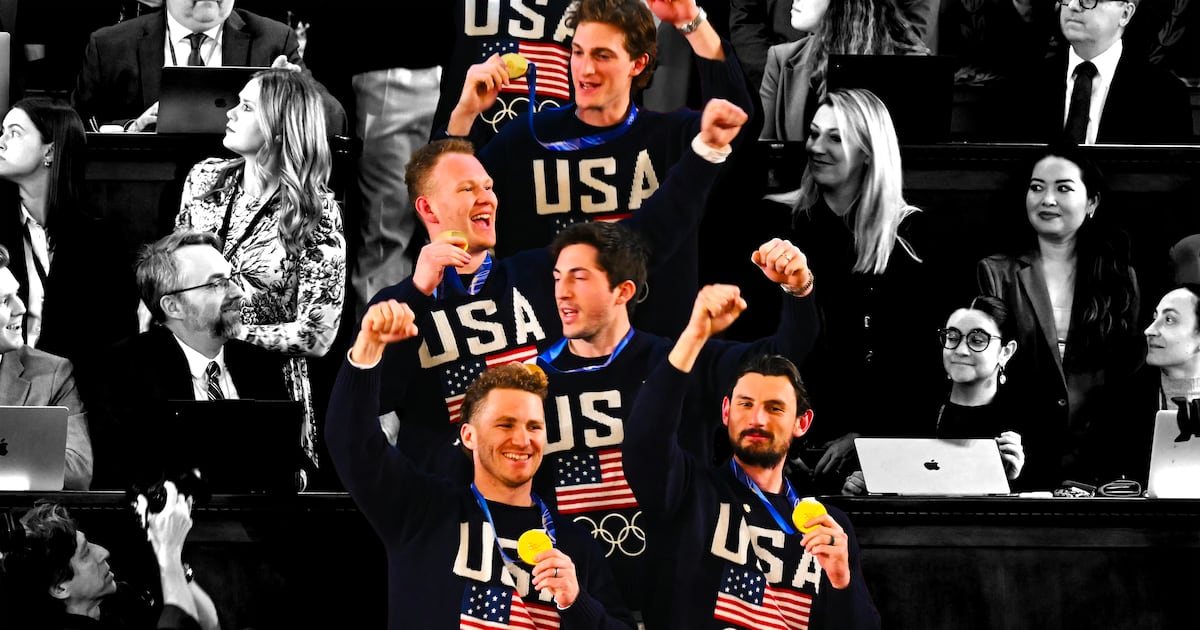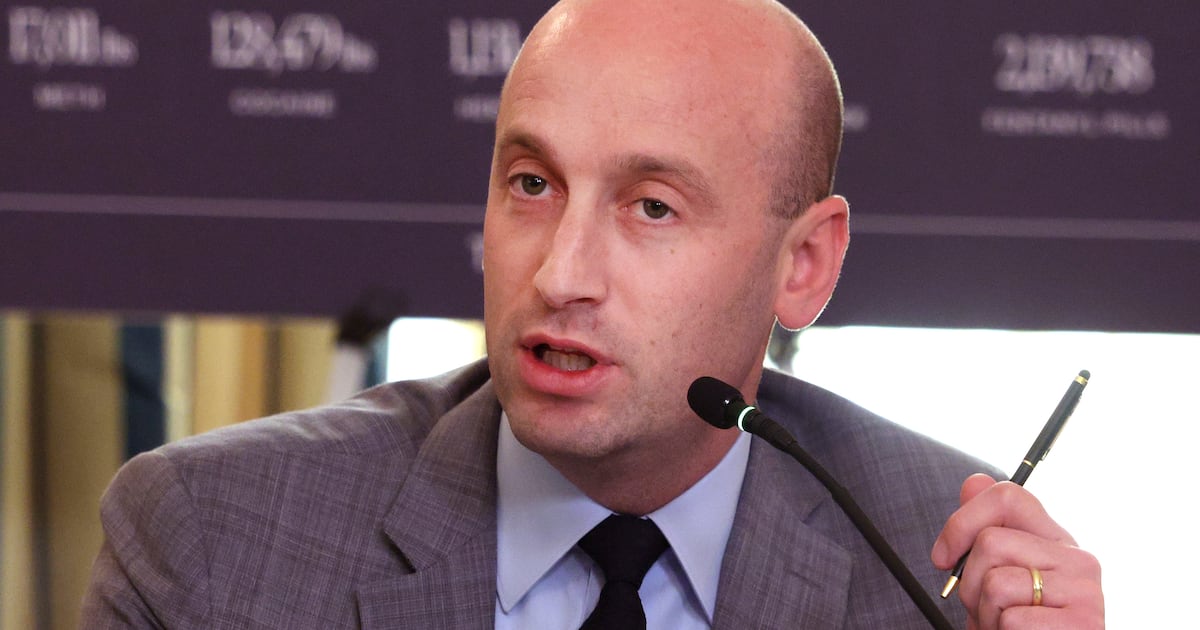We are taught that there is no such thing as a Theory of Everything, and that we should beware of anyone nutty enough to claim that you can reduce reality to its gist with one handy explanation-philosophy-catchphrase. But now comes Geoffrey Nunberg with Ascent of the A-Word, a marvelous book that explains so much so well that it’s tempting, really really tempting, to claim that Nunberg has explained everything.
“When Barbara Walters announced the 2011 version of her annual list of the 10 Most Fascinating People,” Nunberg writes, “it was headed by Steve Jobs and included Donald Trump, Simon Cowell, Herman Cain, and the Kardashians, along with Derek Jeter, Katy Perry, Amanda Knox, Pippa Middleton, and the actors who plays the two gay guys on Modern Family. I make that five out of 10 who are assholes.”
Oh, yes, and anyone anywhere who has ever indignantly, pompously posed the question: Do you know who I am?
Nunberg’s not so much concerned with specific individuals as he is with a condition, a way of being and behaving, and how we react to it. His subtitle puts it nicely: “Assholism, the First Sixty Years.”
A noted linguist and former chair of the usage panel of the American Heritage Dictionary, Nunberg examines the word’s history (born in World War II, entered print for the first time in Norman Mailer’s The Naked and the Dead), the words it supplanted (cad, bounder, heel), and the very special place it occupies in the culture. An impolite vulgarism that has rudely elbowed its way into polite discourse without losing its air of impoliteness, asshole fills a gap. Your mother might not use the word, might frown if you do, but if someone cuts her off in traffic and you call that driver an asshole, chances are she’s not going to call you out.
“Every age,” Nunberg says, “creates a particular social offender that it makes a collective preoccupation—the cad in Anthony Trollope’s day, the phony that Holden Caulfield was fixated on in the postwar years—and the asshole is ours.”
He became interested in the “idea that asshole could be a proxy for the fraying fabric of public life” in 2005 while writing about political discourse and listening to a “lot of right-wing talk on radio and TV.” The more he thought about it, the more it “sometimes seems as if every corner of our public discourse is riddled with people depicting one another as assholes and treating them accordingly, whether or not they actually say the word.”
It’s not exactly a novel thought, but his means of studying the problem is utterly fresh: take a word, and the attitudes behind it and see where they came from and what they might say about us. Turns out asshole says a lot about a lot.

If you’re wondering why we must soil the social fabric even further with vulgarity, when instead we could talk about increasing incivility, well, Nunberg saw you coming. If we want to figure out the differences in public abuse in, for example, Lincoln’s day and ours, he says, “the notion of ‘incivility’ itself is too vague and sententious to be helpful. It doesn’t belong to the moral vocabulary of everyday English, like polite, rude and courteous; it’s a word we learn from op-ed pieces, not at the family dinner table. The word is almost impossible to utter innocently: its very mention invites posturing, sermonizing, calls for ‘national conversations,’ and simplistic narratives of cultural decay … The notion of the asshole is a much better place to start.”
The trouble with asshole, though, is that it’s one of those know-it-when-you-see-it words, a problem Nunberg turns to his advantage by exploring at length just who exactly is an asshole and under what circumstances. Asshole trails in its wake words like “arrogance, pretension, egotism, rudeness, or an overblown sense of entitlement,” but those words are “like a list of symptoms that manifest the underlying order. At the heart of assholism is a culpable obtuseness—about one’s own importance, about the needs of others and the way one is perceived by them.”
Except in very special circumstances (“I was such an asshole last night”), it is not a word that we apply to ourselves. Its essence is otherness: “That’s another thing that yuppie and asshole have in common: nobody thinks he belongs to either category.”
It is a word sparingly applied to women and almost never to children: “It’s easy to think of small children as little shits, since a predisposition to malice or cruelty can manifest itself very early on. But we rarely describe little children as assholes. You can’t be an asshole until you’re old enough to know better, and neurotic enough to sense that you ought to feel bad about it.”
Nunberg goes out of his way to distinguish himself from those who cling to the fiction that once upon a time people were nice to one another and always polite to strangers. Some things about the modern world are possibly cruder than they once were. On the other hand, no one can blow cigarette smoke on you in an airplane, an elevator, or a restaurant.
“This isn’t an age of assholes—or at least there are no more of them walking the earth than there used to be back when they went by other designations,” Nunberg says. “But it’s fair to call it an age of assholism, one that has created a host of new occasions for acting like assholes and new ways of performing assholism, particularly among strangers and in public life.” There follows about 40 very entertaining pages about American politics, where assholism has been turned into a technique if not an art form.
About three quarters of the way through this ceaselessly entertaining book, I finally understood that Nunberg was taking certain detours simply so that he could shoehorn in comments and quotes that might not otherwise fit his topic. There is, for example, on the heel and the asshole and why they are not synonymous—and in passing how Mad Men, for all its attention to period detail, is at least spiritually anachronistic: Don “Draper is no Pal Joey; the show gives us far too much of his anguished inner life to qualify him as a heel. In his relationships with women, he’s just a 21st-century asshole in narrow lapels and a skinny tie.”
But the best ex cathedra moment comes in a disquisition on political correctness or incorrectness and the notion of authenticity (“To describe yourself as ‘politically incorrect’ is to stake a claim to being plainspoken, independent minded, and courageous—in effect, to say that you’re authentic, not an asshole.”) From this he segues into the use of “politically incorrect” as every boob’s kneejerk defense when he’s about to say something tasteless, racist, or insulting.
“Back in 1995, for example, Robert Novak was guest-hosting the Larry King show with Senator Jesse Helms as his guest. A caller from Alabama came on the line and said, ‘Mr. Helms, I know this might not be politically correct to say these days, but I just think that you should get a Nobel Peace Prize for everything you’ve done to help keep down the n----rs.’ (Helms, weirdly, responded, ‘Thank you, I think.’)”
Nunberg had to go all the way around Robin Hood’s barn to make that quote fit, but who can blame him? What’s really fun, though—and what gets to the ubiquity of the mind-set Nunberg spends a couple of hundred pages trying to capture—is to imagine the man from Alabama and Nunberg thinking about each other, and you just know that for maybe the only time in their respective lives they would be thinking exactly the same thing: What an asshole!





